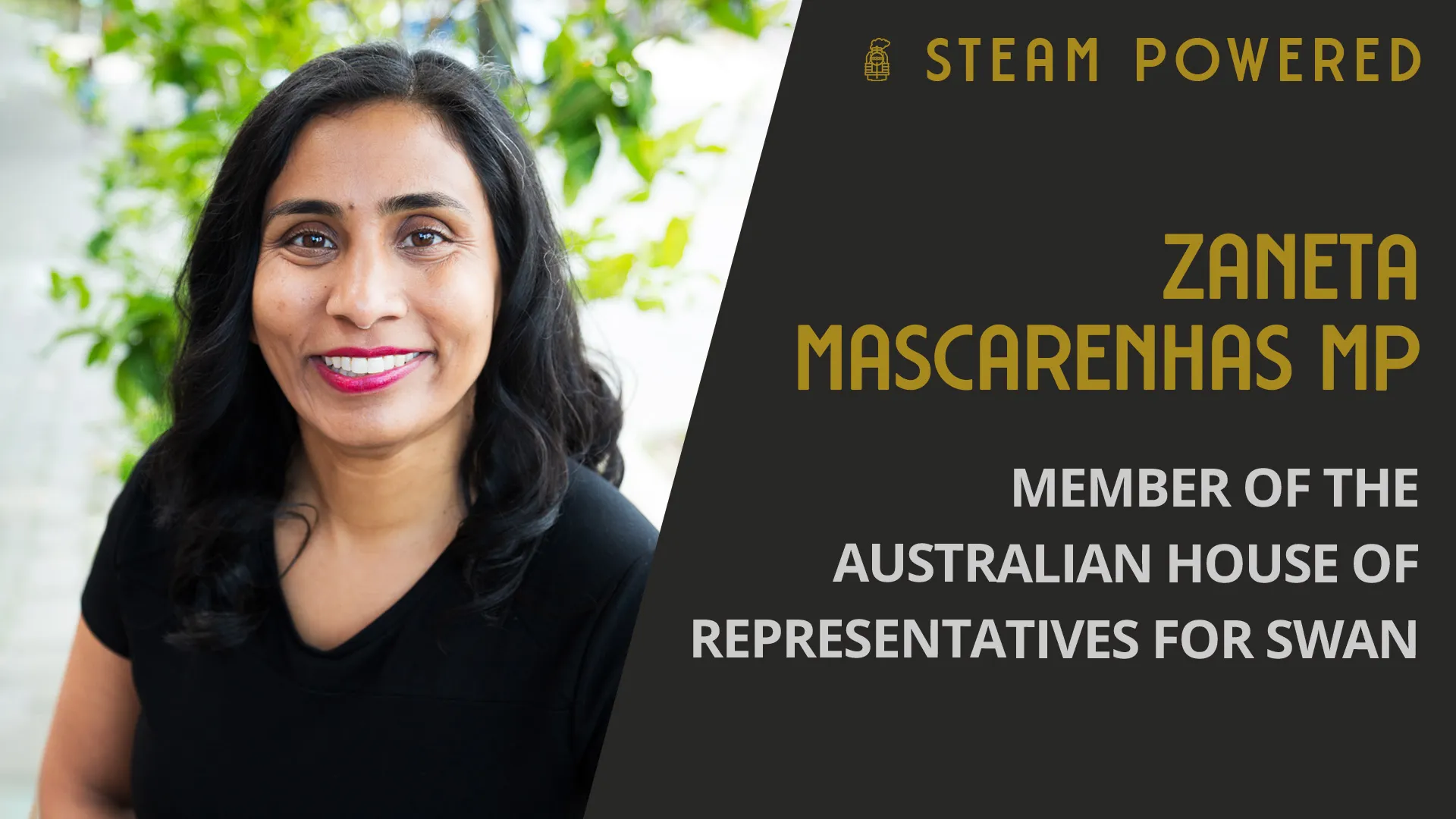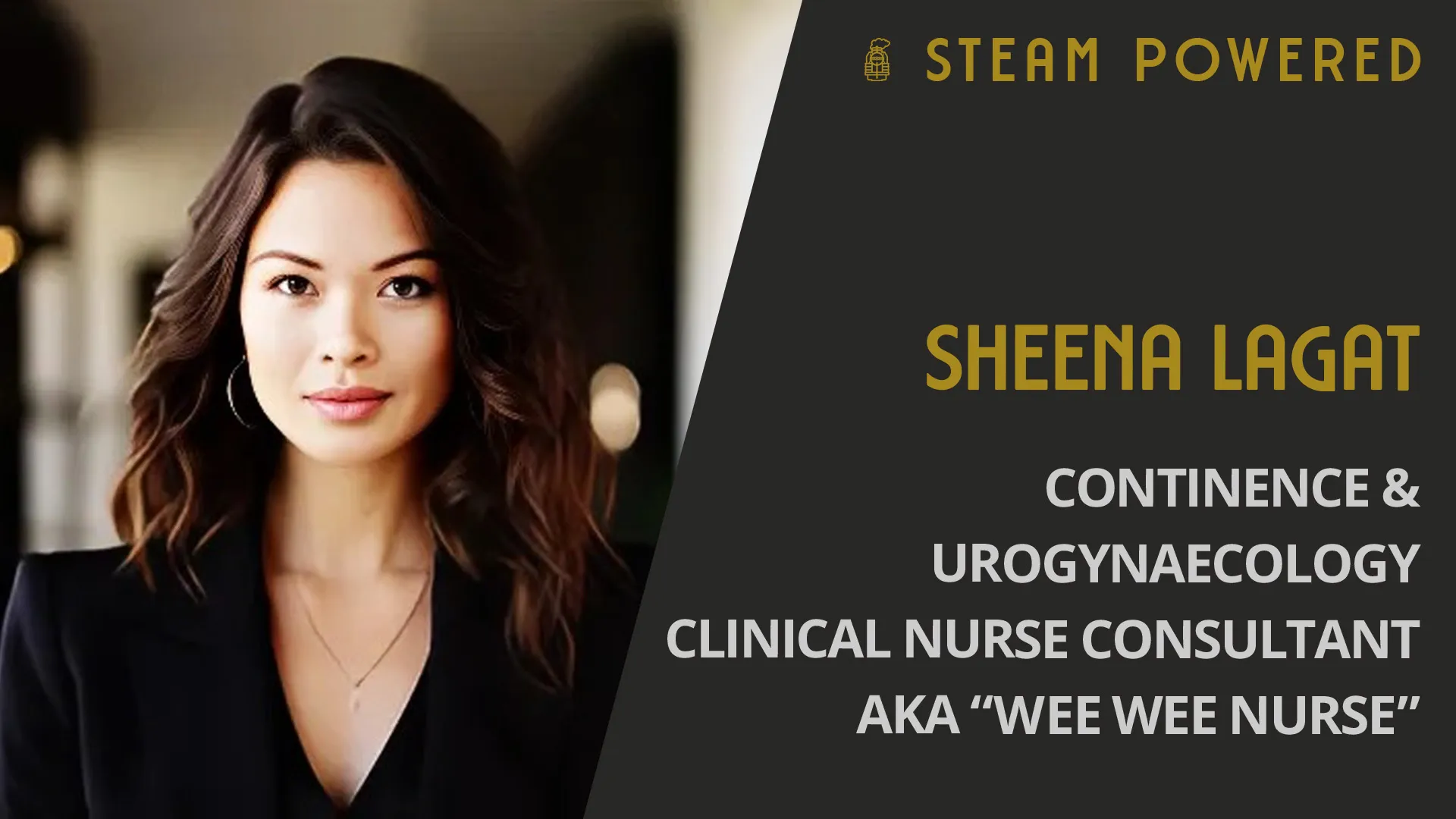Cultures, culture, and identity with Jayashree Srinivasan
Cultures have an incredible impact on our society, and not just anthropologically. Cultures in a microbial context have an equally significant impact on the industries that allow us to live the lives that we want.
Jayashree Srinivasan is a microbiologist specialising in biotechnology and microbial research. Join us as we speak about Jaya's journey to cultivating cultures, the intersectionality of culture and identity, and the complementary nature of being both scientist and pastry chef..
Photosensitivity warning: This episode was in part recorded in a room with lights connected to a sensor/timer. There are occasions where the lights flick off then on again causing a short flash on video. If this is of concern, please use the audio-only version of the episode.
About Jayashree Srinivasan
Jayashree Srinivasan is a microbiologist at CSIRO, where she applies her expertise in biotechnology and microbial research. She earned her Bachelor’s degree in Biotechnology in India and completed a Master of Science by Research at RMIT in collaboration with CSIRO. In addition to her scientific career, Jayashree is a qualified pastry chef and co-owns a cake decorating business with her best friend. She proudly identifies as a lesbian of colour and is passionate about fostering diversity and inclusion in the workplace.
- LinkedIn: https://www.linkedin.com/in/jayashreemicro/
- As You Whisk Website: https://asyouwhisk.com.au/
Listen to the Podcast
Listen on Apple Podcasts, Spotify, iHeartRadio, Amazon Music, Castbox, Deezer, Goodpods, Overcast, Pocket Casts, TuneIn, Blubrry, Podcast Addict, Podchaser, JioSaavn, RSS , and other podcast platforms.
Watch on YouTube
- [00:01:10] The immersive pressure to pursue science and biology.
- [00:04:06] Taking advantage of the opportunities available. It was… a lot.
- [00:05:30] There's the 'obvious' next step, and there's following your bliss to become a pastry chef.
- [00:07:01] Hearing the call back to science.
- [00:08:09] Jaya's interest in the translational space of science.
- [00:08:56] The benefit of an expectation circuit breaker.
- [00:10:11] Looking for something more and the return to sciences.
- [00:12:15] Industrial biotechnology and production processes.
- [00:15:38] Every day looks a bit different.
- [00:16:57] The applications of industrial biotechnology and microbiology.
- [00:18:16] A day in the life of a cultivating cultures.
- [00:20:42] The importance of using a baseline in cell cultures.
- [00:23:00] Testing developmental antibiotics against known pathogens.
- [00:24:40] Watch as Michele is mentally overcome with questions about pathogens.
- [00:25:14] Protocols for culturing pathogens.
- [00:27:22] On Indian, queer, and migrant identity.
- [00:32:25] Perceptions, stereotypes, and expectation management.
- [00:34:48] Queerness and the Westernisation of identity.
- [00:38:28] Life hack: Have you considered having your coming out peer reviewed?
- [00:40:35] You can't learn who you are if you don't have the space to be who you are.
- [00:45:42] Balancing being both microbiologist and pastry chef.
- [00:49:41] The transferable skills between Jaya's skill sets.
- [00:51:05] What advice would you give someone who'd like to do what you do, and what advice should they ignore?
Highlights
Connect with Us
- @steampoweredshow
- @steampoweredshw
- @steampoweredshow
- @steampoweredshow
- @steampoweredshow
- @steampoweredshow
- steampoweredshow
Support STEAM Powered
Review Us
Please leave us a review on Apple Podcasts, Spotify, GoodPods, Podchaser, or your preferred podcatcher.
Become a Patron
Affiliate Programs
Start your own podcast or YouTube channel, or run panels and seminars with
Riverside.fm. Record up to 8
people in a session with up to 1000 audience members. You can record in advance
as I do, or you can livestream with the option to send it straight to Facebook,
Youtube, Twitter, or Twitch. There’s even a green-room for guests and live call
in for audience members. Afterwards, get separate video (up to 4K) and audio (up
to 48kHz) tracks per recorded participant for editing, none of that “active
speaker only” limitation. You know you’re in good hands with a service whose
client-base includes some heavy-hitters. Check out
Riverside.fm to see who else is on
board. Use promo code STEAM25 to get 25% off the first three months of your
subscription.
Music is “Gypsy Jazz in Paris 1935” by Brett Van Donsel.

